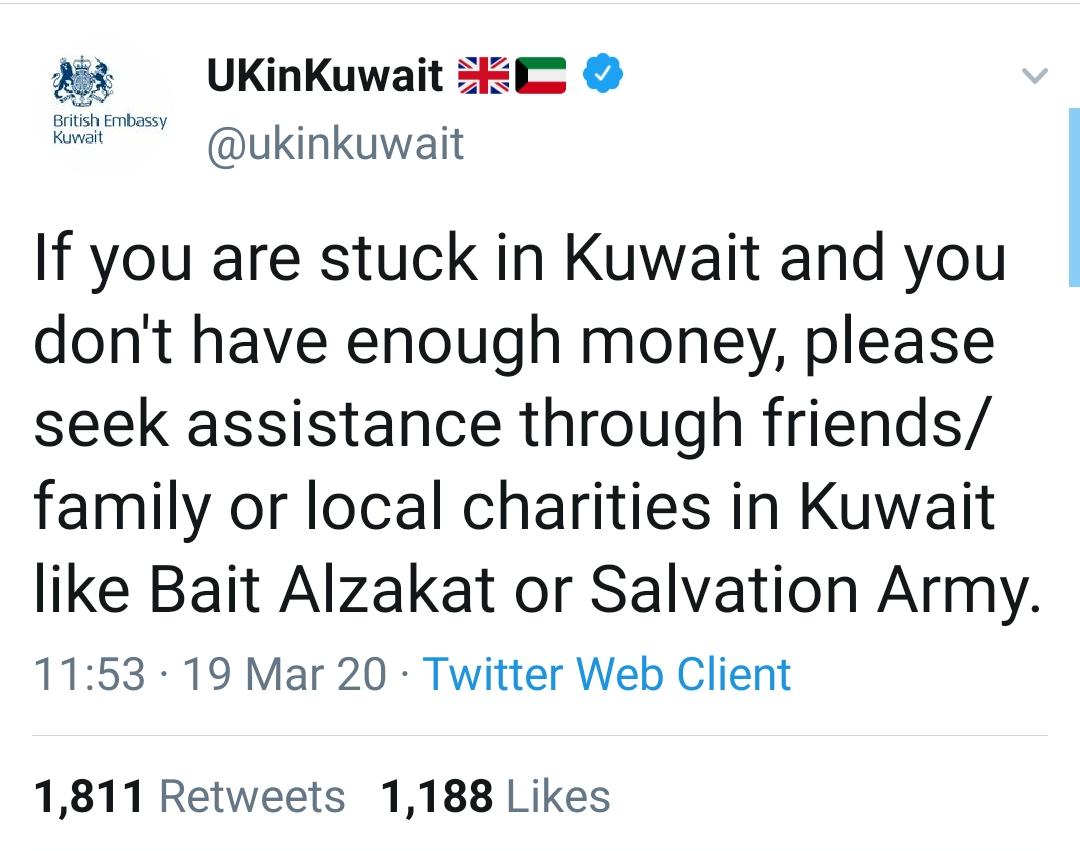Most Saudi Arabia, UAE residents ‘scared’ of coronavirus: poll
DUBAI: Despite the relatively small number of confirmed diagnosis of coronavirus in both Saudi Arabia and the UAE, a majority of residents (64 percent and 61 percent respectively) are scared of contracting the disease.
At least that is what data from a tracker created by the global research firm YouGov suggests.
The ongoing tracker captures public sentiment around the new coronavirus in 21 countries and illustrates how different regions are reacting to the rising number of infections globally.
The pneumonia of unknown cause was first detected in Wuhan, China, and reported to the World Health of Organization (WHO) Country Office in China on Dec. 31.
The outbreak was declared a “public health emergency of international concern” on Jan. 30. By March 7, the global number of confirmed cases had surpassed 100,000.
The coronavirus pandemic is evolving fast. Community transmission is currently spreading throughout several countries and is expected to expand quickly in the coming days.
Clearly, time is of the essence in the fight against the coronavirus. On March 17, Dr. Poonam Khetrapal Singh, WHO’s Asian regional director, said: “We need to be geared to respond to the evolving situation with the aim to stop transmission of Covid-19 at the earliest to minimize the impact of the virus.
“Urgent and aggressive measures are the need of the hour. We need to act now.”
As of Thursday, the John Hopkins University global Covid-19 tracker had put the number of active cases in Saudi Arabia at 232. The Kingdom’s Ministry of Health said eight people had recovered.
For the UAE, the tracker reported 87 active cases and another 26 cases of recovery.
Majorities of respondents in both Saudi Arabia and the UAE said they are “very scared” or “fairly scared” about contracting the coronavirus, according to the YouGov survey.
On the other hand, 30 percent of respondents said they are “not very scared” or “not at all scared.”
Among the genders, a higher number of women than men in the two countries are fearful of contracting coronavirus infection (66 percent versus 60 percent).
The widespread level of fear possibly explains why the vast majority of people in Saudi Arabia and UAE are taking precautions.
The most common precaution has been to improve personal hygiene, such as washing hands more frequently or using sanitizer, which three-quarter of residents (76 percent) are doing.
Almost as many (73 percent) are avoiding crowded places. Roughly half the survey respondents are refraining from touching objects in public (57 percent) and many are wearing a face mask in public (37 percent).
Witnessing the wide-scale frenzy around the outbreak, a quarter of respondents have stockpiled supplies in their house, although a majority (68 percent) have chosen not to.
Analysis of the data shows that despite the extensive global coverage and the widespread proactive government measures in place in both Saudi Arabia and the UAE, there are still pockets of the population that could do more to stay up to date with the latest guidance.
While 88 percent of respondents said that they were undertaking additional preventative measures to protect themselves from the virus, 5 percent of those surveyed had no awareness of the pandemic.
Those who stated that they had not previously heard of “coronavirus”, “Wuhan Virus” or “Covid-19” were most likely to be aged 18-24, single and male.
An additional 3 percent of those surveyed said that they were aware of the virus but it had not changed their behaviors.
A third of the respondents in the Kingdom and the UAE aged 45 or older (34 per cent) said they are either “not very scared” or “not at all scared” about getting infected.
The optimism and confidence illustrated in those aged over 45 possibly correlates with the fact that they are taking the right measures to protect themselves.
According to WHO’s Dr. Singh: “Simple public health measures are critical. Practicing hand hygiene, covering your cough and sneeze, and practicing social distancing cannot be emphasized enough.
“This alone has the potential to substantially reduce transmission.”
The YouGov data show that 80 per cent of those aged over 45 in Saudi Arabia and the UAE are following this advice.
In contrast, just 69 percent of 18-24-year-olds in both countries report taking additional measures to wash their hands.
In the two countries, 80 percent of residents over the age of 45 are taking additional precautions to avoid crowded places and 70 percent of people aged 18-24 report avoiding crowded places.
Across the two countries, the vast majority (70 percent) feel well-informed about what to do if they suspect they have coronavirus.
At the same time, 18 percent of all respondents feel that they do not have enough information, with young adults being especially likely to feel this way (24 percent of 18-24 years old respondents).
Beyond Saudi Arabia and the UAE, Malaysia had the highest number of people (83 percent) concerned about contracting the virus, followed by the Philippines and Thailand, according to the YouGov study.
In China, where the virus is now reported to be under control, 66 percent of residents report being fearful of contracting the virus.
In Italy, the center of the European outbreak, 66 percent people are fearful of contracting the disease.
The view of residents in the US and UK is more positive, with just 38 percent and 34 percent respectively reporting that they have concerns.
By Thursday, the US had 9,415 cumulative confirmed cases of Covid-19, according to Johns Hopkins data.
In the coming days, as YouGov tracks the impact of the coronavirus pandemic on consumer attitudes and behaviors in the Middle East, Arab News will be continuously reporting on the findings.





